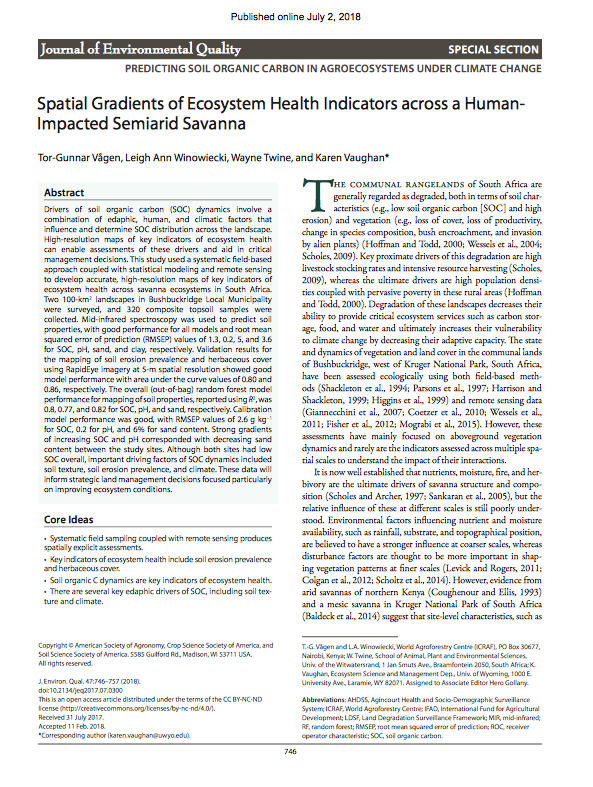Governance of food systems is a poorly understood determinant of food security. Much scholarship on food systems governance is non-empirical, while existing empirical research is often case study-based and theoretically and methodologically incommensurable. This complicates aggregation of evidence and generalization. This paper presents a review of literature to identify a core set of methodological indicators to study food systems governance in future research. Indicators were identified from literature gathered through a structured consultation and sampling from recent systematic reviews and were classified according to governance levels and the food system activity domain they investigate. We found a concentration of indicators in food production at local to national levels and with less literature investigating how food governance affects food distribution and consumption. Many indicators of institutional structure were found, while indicators capturing social agency and indicators of cross-scale dynamics were moderately represented but critical perspectives on governance were lacking. These gaps present an opportunity for future empirical research to investigate more comprehensively the diverse components of food systems and how governance arrangements at different scales affect them.
DOI:
https://doi.org/10.1007/s12571-018-0770-y
Altmetric score:
Dimensions Citation Count:
























